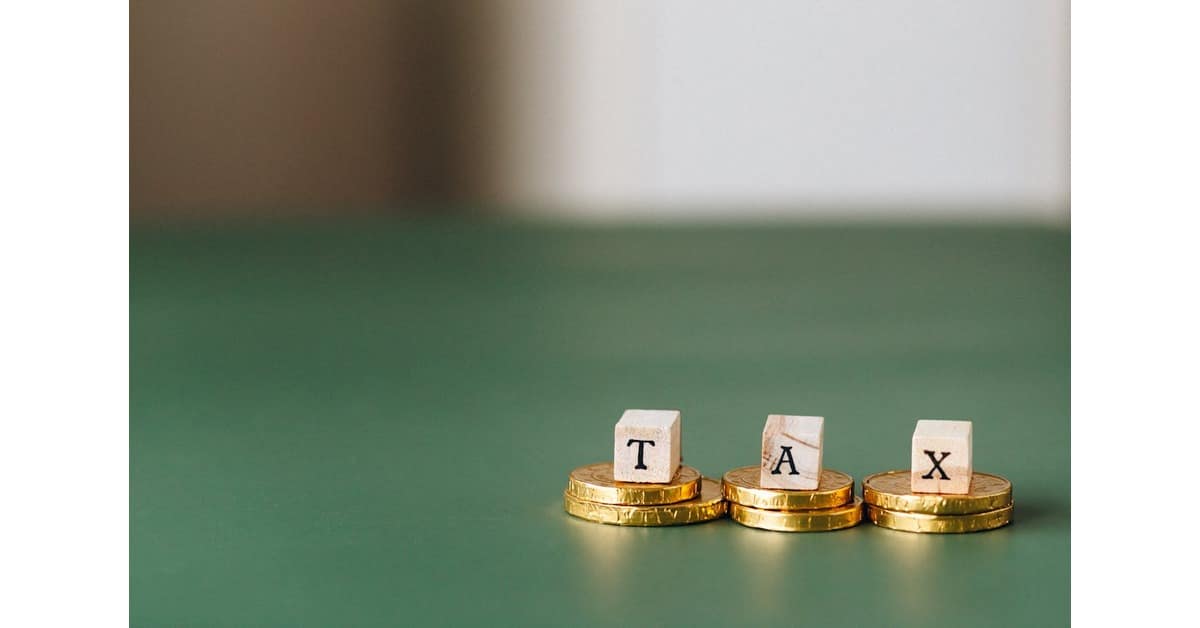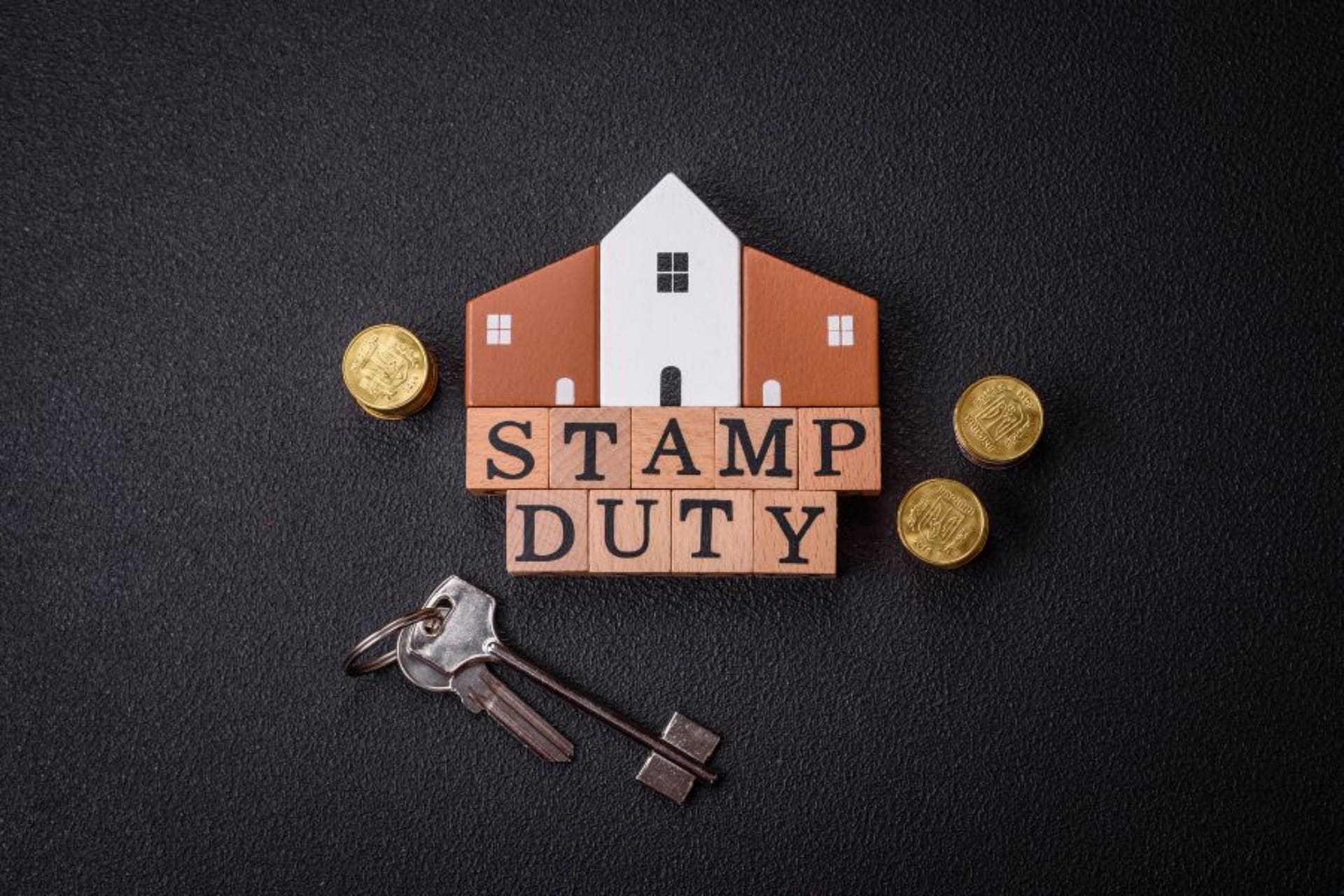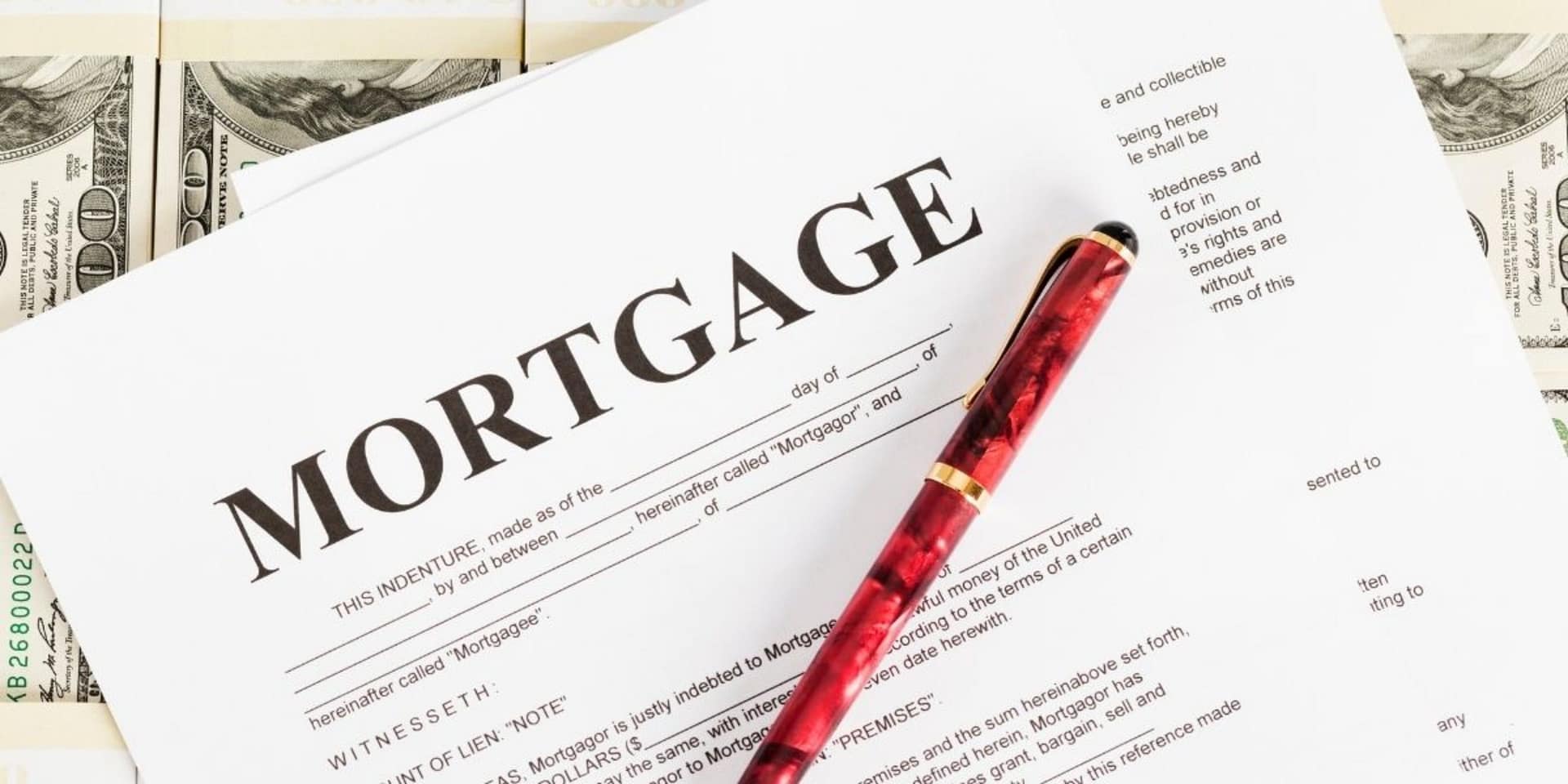Selling your house can be a major financial decision, and it’s essential to understand whether the sale will trigger Capital Gains Tax (CGT). This tax applies to profits made on the sale of most assets, including property. Fortunately, there are specific exemptions and scenarios where you may avoid CGT entirely or partially reduce its impact.
Table of Contents
ToggleExemptions and Considerations
Primary Residence Exemption
One of the key exemptions to CGT is the primary residence exemption. If the property sold was your main residence for the entire period you owned it, you might be eligible for a full exemption from CGT. This exemption aims to protect homeowners from tax liabilities on the sale of their primary living space.
Partial Exemptions
Partial exemptions may apply if the property was your main residence for only part of the ownership period or if it was used to generate income (e.g., through renting out a portion of the home). In such cases, CGT may only apply to a proportion of the capital gain.
Also read: Selling Half Share of Property
Additional Costs and Improvements
When calculating the capital gain, certain costs associated with acquiring, maintaining, and selling the property can be deducted. These include purchase costs (like stamp duty and legal fees), improvement costs, and selling costs (such as advertising and agent fees). These deductions can significantly reduce the taxable gain.
Calculating Your Capital Gain
The process involves subtracting the cost base (the original purchase price plus eligible costs and improvements) from the sale price of your property. The remaining amount represents the capital gain and may be subject to CGT, depending on your circumstances.
What if I Have an Investment Property?
If you’re selling a rental or investment property, you will likely be liable for CGT on any profit made. The good news is, there are potential ways to reduce your CGT bill:
- 50% CGT Discount: Holding the property for at least 12 months entitles you to a 50% discount on your CGT liability.
- Offsetting Losses: Capital losses incurred on other investments can be used to offset your capital gains, potentially reducing your overall tax burden.
Also read: Capital Gain Tax on Investment Property
Reporting and Paying CGT
Reporting Capital Gains
Capital gains must be reported in your income tax return for the year in which the contract for the sale of the property was signed. Even if you are eligible for exemptions, it’s essential to report the sale to the tax authorities, detailing any applicable exemptions or reliefs.
CGT Discounts
In some jurisdictions, individuals are eligible for CGT discounts if they have owned the property for over a certain period (e.g., more than 12 months in Australia). This discount can reduce the taxable capital gain by a significant percentage, lowering the overall tax liability.
Understanding the impact of Capital Gains Tax on the sale of your property is essential for making informed financial decisions. While the prospect of CGT can seem daunting, familiarising yourself with the exemptions, deductions, and calculation methods can demystify the process and potentially save you a significant amount in taxes. With the right preparation and professional advice, you can navigate the CGT landscape with confidence and clarity.
Aiming for a Discounted Capital Gains Tax? Do it with CJC Law
Wondering if you’ll pay capital gains tax when selling your house? CJC Law can help!
Contact CJC Law today to navigate your property sale with confidence and keep more money in your pocket!




